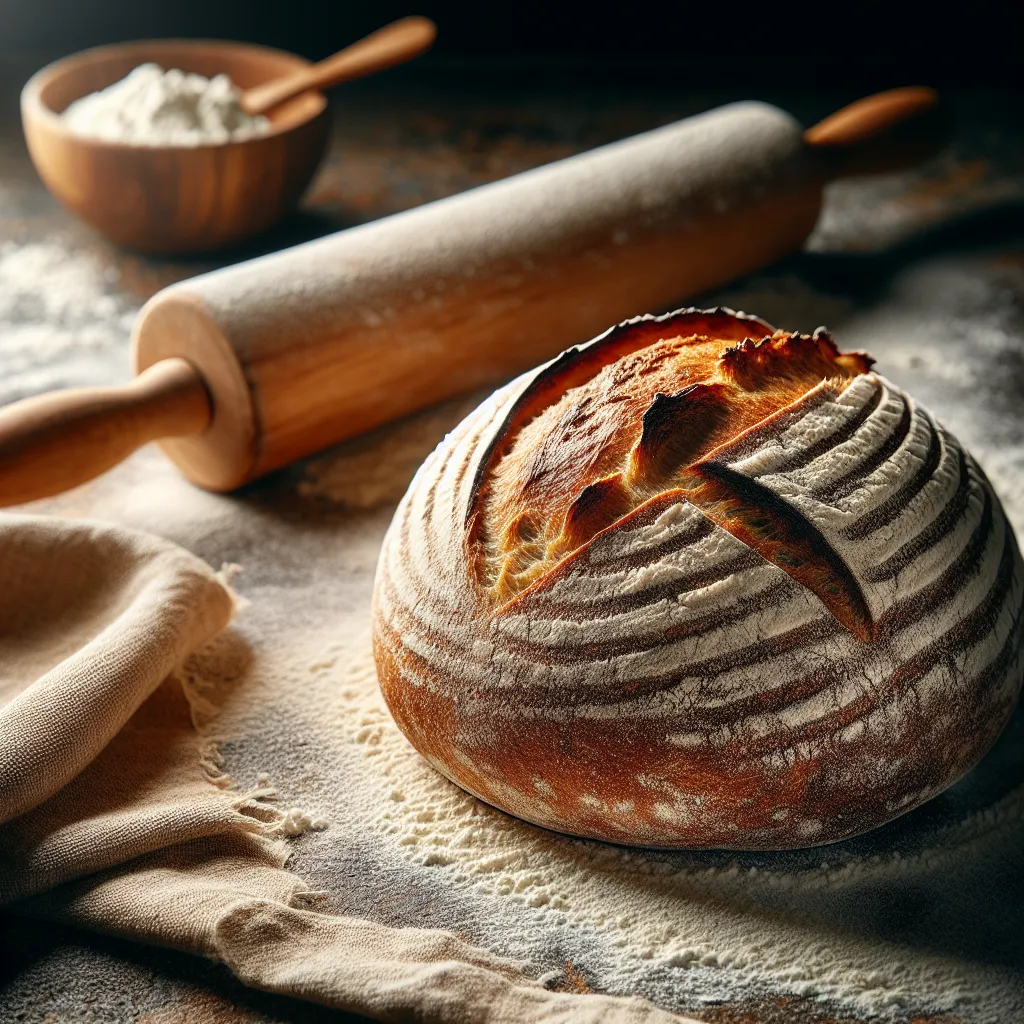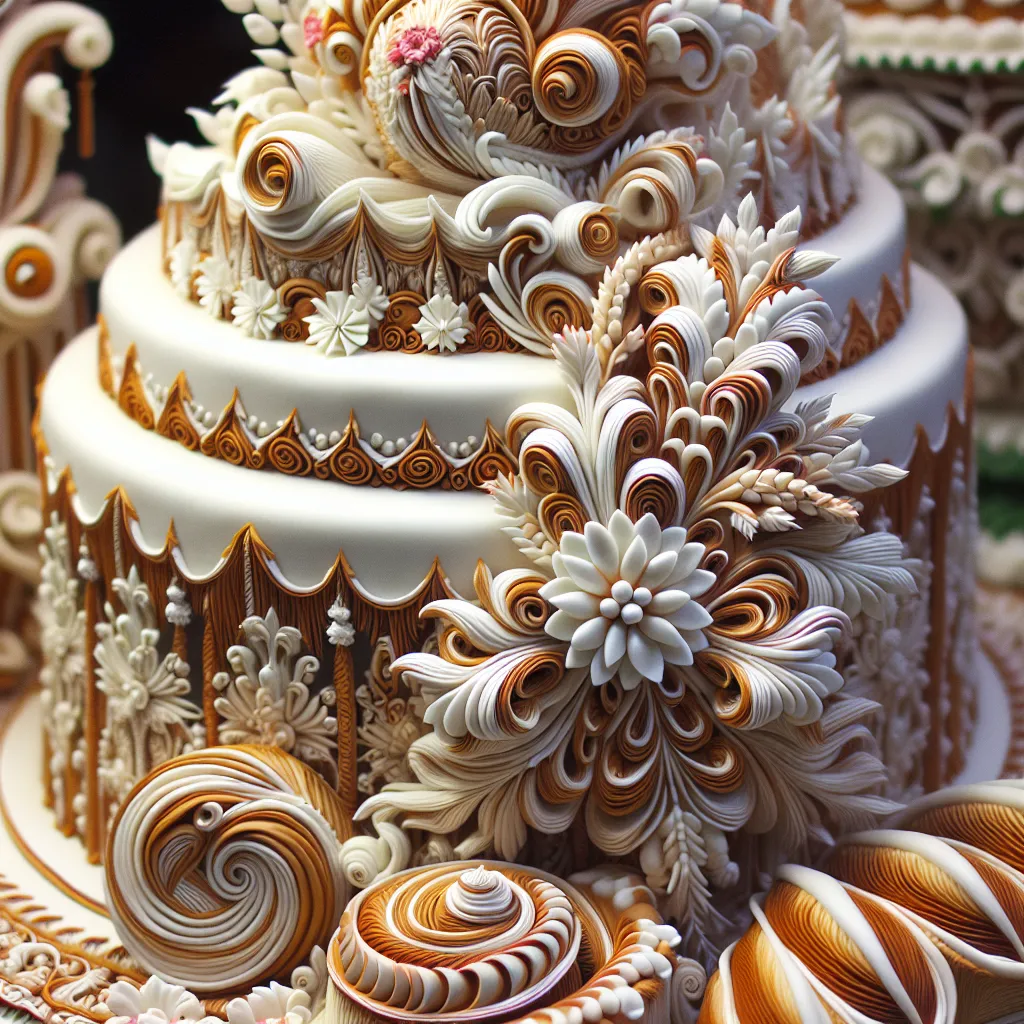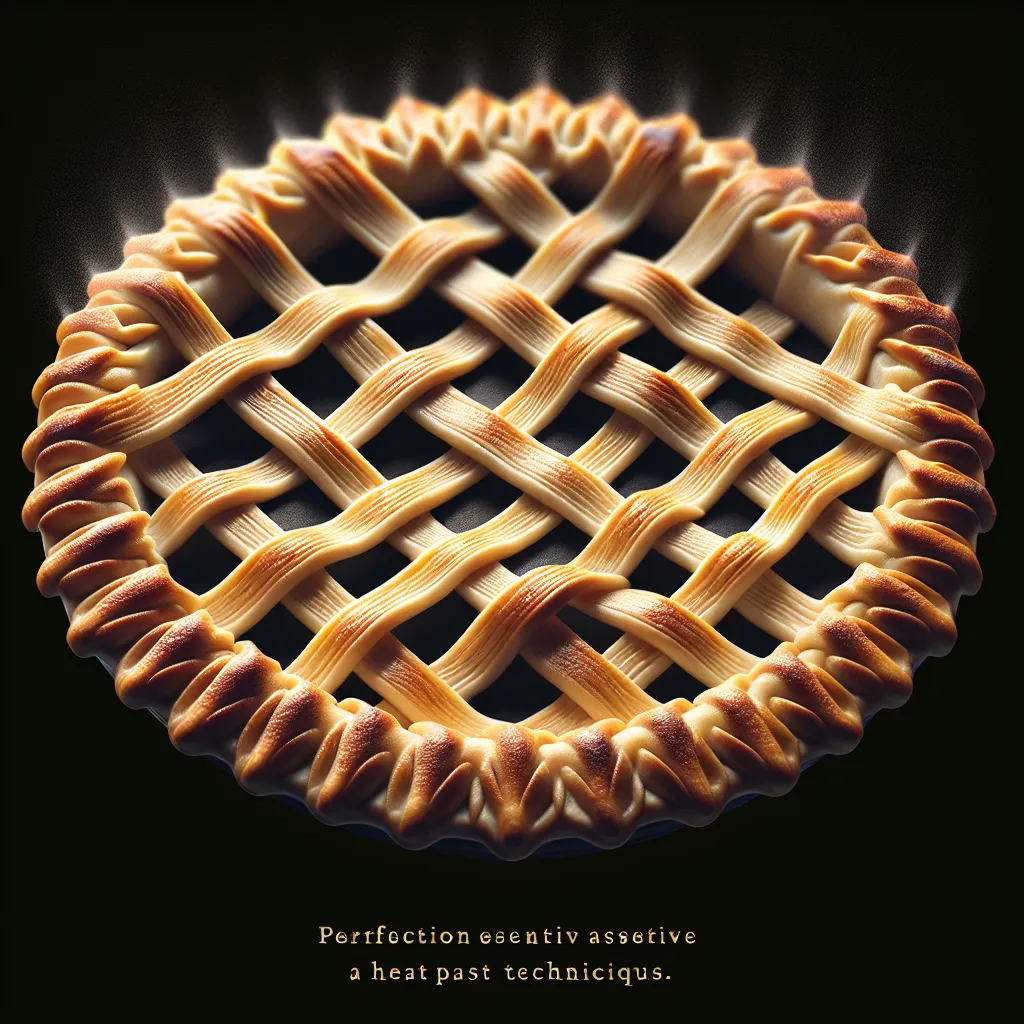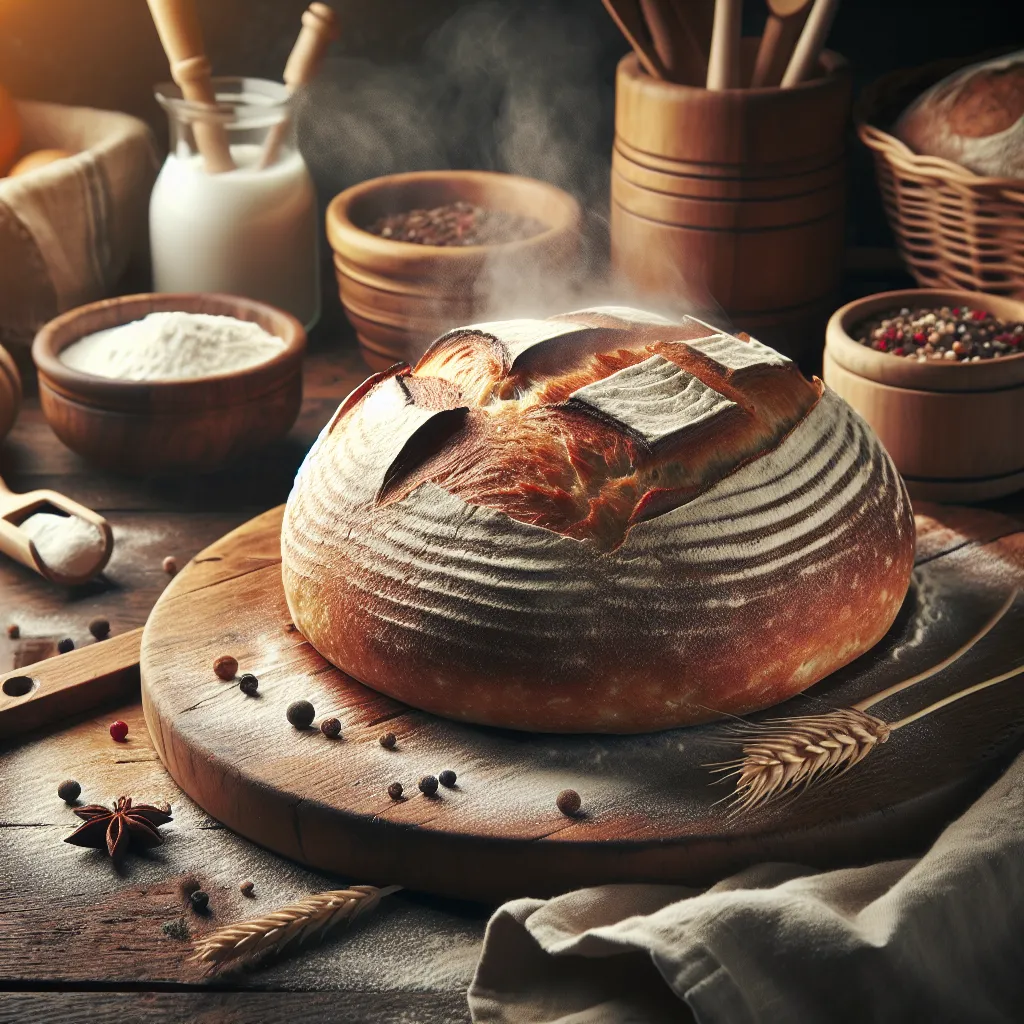The Basics of Baking: Understanding Ingredients and their Functions
When it comes to mastering the art of baking, understanding the basics of baking ingredients and their functions is essential. Each ingredient plays a crucial role in the chemical reactions that occur during the baking process, ultimately affecting the texture, flavor, and overall success of your baked goods.
Flour, for example, provides structure and stability to your baked goods through the formation of gluten when combined with liquid and kneaded. The type of flour used, whether it’s all-purpose, cake flour, or bread flour, will directly impact the texture of your final product. Meanwhile, leavening agents such as baking powder and baking soda are responsible for creating the rise and lift in your baked goods by producing carbon dioxide gas when combined with moisture and heat.
Sugars not only sweeten baked goods but also contribute to tenderness, moisture, and browning. It’s important to understand the differences between granulated sugar, brown sugar, and alternative sweeteners like honey or maple syrup, as they can all affect the final outcome of your baked treats. Fats, such as butter, oil, or shortening, play a crucial role in tenderizing the crumb of baked goods and contributing to overall flavor.
Furthermore, understanding the function of eggs, liquids, and flavorings in baking is vital for achieving the desired taste and texture. Eggs act as binders and also provide structure, moisture, and richness to the batter, while liquids like water, milk, or buttermilk help hydrate the dry ingredients and activate other components like leavening agents. Lastly, flavorings such as vanilla extract, spices, and citrus zests enhance the taste and aroma of your baked creations.
By grasping the role of each ingredient in the baking process, aspiring bakers can fine-tune their recipes and confidently experiment with different variations to achieve the perfect balance of flavor, texture, and structure in their baked goods.
The Science Behind Baking: How to Perfect Your Techniques
Mastering the art of baking requires not only creativity and skill, but also a deep understanding of the science behind the process. By grasping the fundamental principles of baking, you can elevate your techniques and consistently produce delectable treats. One crucial aspect of the science behind baking is the role of ingredients. Understanding how different ingredients interact with each other and with heat is essential for achieving the perfect texture and flavor in your baked goods.
For instance, the protein content in flour determines the structure and texture of your baked goods. Higher protein content results in chewier textures, making breads and pizza crusts denser, while lower protein content lends a lighter, more delicate crumb to cakes and pastries. Similarly, the role of fats, such as butter and oils, contributes to moisture, tenderness, and flavor. By mastering the science of ingredient ratios and functions, you can manipulate recipes to achieve the desired outcomes.
Furthermore, understanding the impact of leavening agents, such as baking powder, baking soda, and yeast, is crucial for achieving the perfect rise and texture in your baked goods. These agents generate carbon dioxide, creating air pockets that result in a light and airy texture. Understanding the appropriate usage and activation of leavening agents is key to achieving consistent and desirable results in your baking endeavors.
Temperature control is another critical factor in the science of baking. The precise regulation of oven temperature and understanding the stages of baking, from the initial set to the final browning, can significantly impact the outcome of your baked goods. This knowledge allows you to make adjustments to achieve the perfect crumb, crust, and color in your creations.
By delving into the science behind baking and understanding the role of ingredients, leavening agents, and temperature, you can refine your techniques and elevate your baking prowess to new heights. Embracing the science behind baking empowers you to experiment with confidence, troubleshoot potential issues, and ultimately perfect your creations with precision and expertise.
Mastering the Art of Dough: From Kneading to Proofing
Mastering the Art of Dough: From Kneading to Proofing
Mastering the art of baking starts with mastering the art of dough. Whether you’re making bread, pizza, or pastries, understanding the essential techniques of working with dough is crucial for achieving excellent results. Kneading is a fundamental step in dough preparation, as it develops gluten, which gives bread its structure and texture. The key is to find the balance between kneading enough to develop the gluten and not over-kneading, which can make the dough tough.
Another crucial aspect is the proofing process, where the dough is allowed to rise before baking. Proper proofing is essential for achieving the desired texture and flavor in baked goods. Factors such as temperature, humidity, and time influence the proofing process, and understanding how to create the ideal environment for proofing is essential.
Mastering the art of dough also involves understanding the different types of dough and their specific requirements. For example, a high hydration dough, like that used in artisan bread, requires different handling compared to a lower hydration dough used for pastries. Each type of dough has its own characteristics and mastering the techniques suitable for each is essential for becoming a proficient baker.
By honing your skills in kneading, proofing, and understanding the intricacies of different types of dough, you can truly master the art of baking and elevate your creations to new heights.
Elevating Your Baking Game: Advanced Tips and Tricks for Impressive Results
Mastering the art of baking is a rewarding journey that requires dedication, patience, and a willingness to continuously improve. Elevating your baking game from amateur to advanced level entails the mastery of essential tips and techniques that can transform your baked goods into impressive delights. With the right guidance and practice, you can achieve professional-quality results that will wow your family and friends. Here are some advanced tips and tricks to take your baking to the next level.
Understanding the Science of Baking: Delving deeper into the science behind baking can provide you with valuable insights that will elevate your creations. Understanding the roles of different ingredients, such as the function of fats, sugars, and leavening agents, will empower you to make informed adjustments and improvements to your recipes. Additionally, knowing how temperature, humidity, and altitude affect the baking process will enable you to troubleshoot issues and achieve consistent results.
Exploring Flavor Combinations: Experimenting with unique flavor pairings and ingredients can add depth and complexity to your baked goods. By incorporating herbs, spices, and extracts, you can create tantalizing flavor profiles that set your creations apart. Additionally, harmonizing flavors with complementary fillings and toppings can take your desserts to new heights, impressing even the most discerning palates.
Mastering Decorative Techniques: The aesthetic appeal of your baked creations is just as important as their taste. Advanced decorating techniques, such as intricate piping, fondant sculpting, and chocolate work, can elevate your desserts to a professional level. Investing time in mastering these skills will enable you to craft visually stunning confections that leave a lasting impression.
Precision in Measurements and Techniques: Achieving consistency and precision in your baking is essential for producing impressive results. Utilizing a kitchen scale for accurate measurements, honing your mixing and folding techniques, and understanding the impact of overmixing or undermixing are crucial aspects of advanced baking. Refining these skills will enhance the texture, structure, and overall quality of your baked goods.
By integrating these advanced tips and techniques into your baking repertoire, you can elevate your creations to a professional standard. Embracing the intricacies of baking and continuously refining your skills will enable you to impress and delight with your delectable treats.




